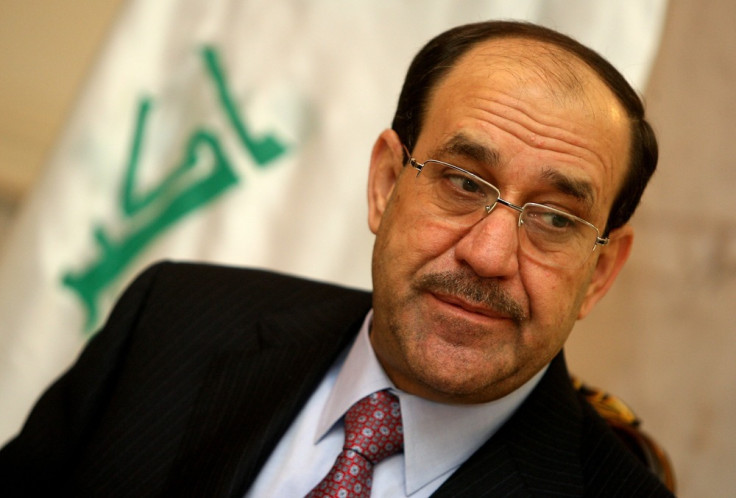Isis: Former Iraqi prime minister Nouri al-Maliki could face charges over fall of Mosul

Former Iraqi prime minister Nouri al-Maliki could face criminal charges over the fall of Iraq's second's city Mosul to Islamic State militants.
An Iraqi parliamentary committee has called for 30 other officials including former Mosul governor Athil al-Nujaifi to face trial, following the seizure of the northern Iraqi city to the jihadist group.
Isis seized Mosul after a lightening offensive in June, 2014, with the Iraqi army leaving behind weapons, heavy military equipment and even uniforms as they abandoned their positions. Al Maliki, a Shia, is accused of pursuing sectarian policies which bolstered support for Isis in predominantly Sunni regions of the country.
Earlier, al-Maliki's successor, Haider al-Abadi, approved moves to court martial military commanders who abandoned their posts when provincial capital Ramadi fell to Isis in May. The crackdown follows mass protests in Iraq against government incompetence and corruption, after power shortages during a heatwave in which temperatures in the capital, Baghdad, soared to 49C.
On Sunday, August 16, al-Abadi also announced plans to axe 11 ministerial position, reducing the size of the cabinet by a third.
Among those who the parliamentary committee said ought to stand trial are former acting defence minister Saadoun al-Dulaimi, General Babakir Zebari, former Nineveh province commander Lt-Gen Mahdi al-Gharrawi, Nineveh police commander Maj-Gen Khalid Hamdani and former deputy interior minister Adnan al-Assadi.
© Copyright IBTimes 2025. All rights reserved.






















